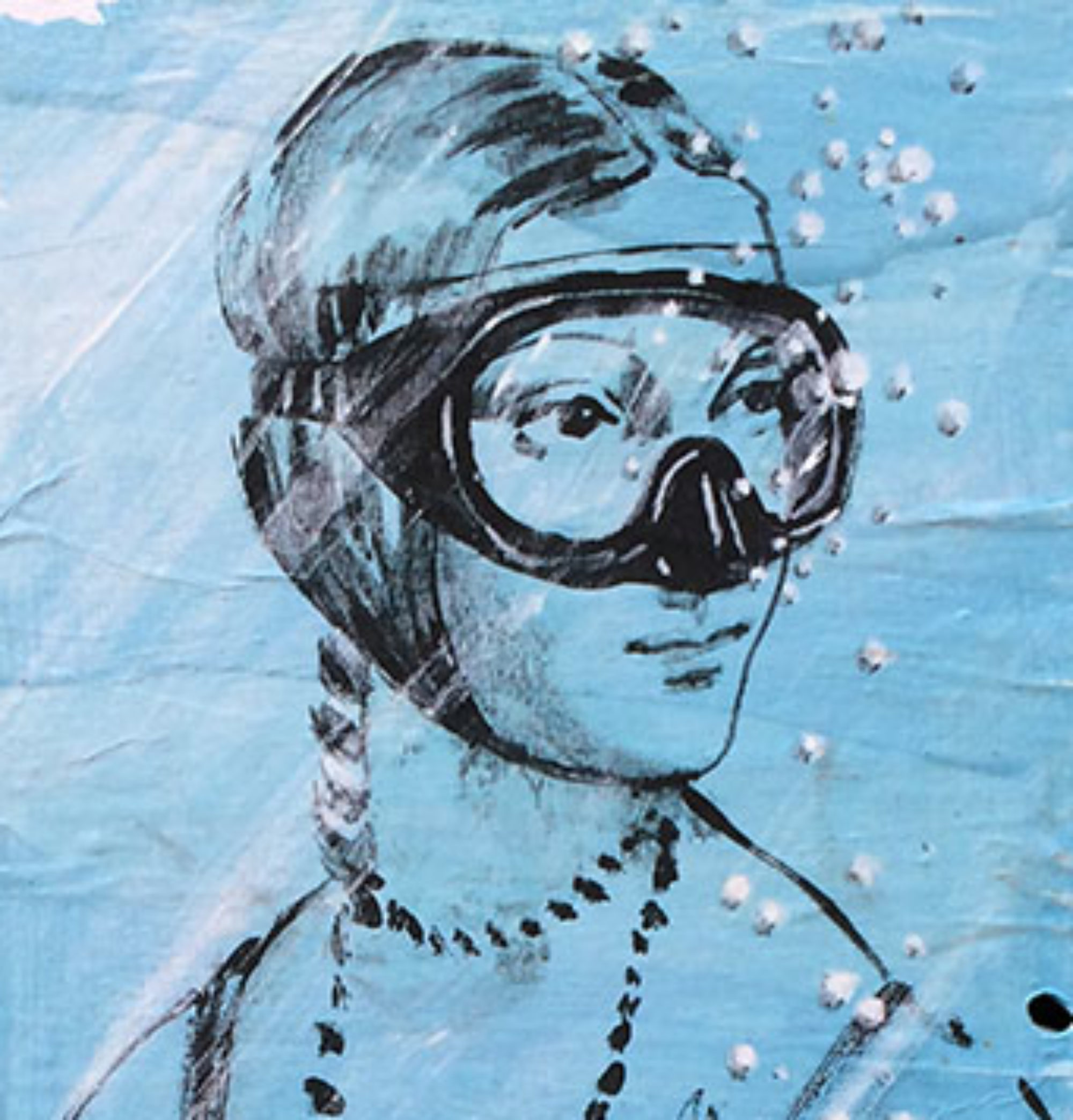Kl 19.00 tisdag 5 mars 2013
Filosofie doktor Denise Hagströmer, sedan årsskiftet förste intendent vid nya Nasjonalmuseet for kunst, arkitektur og design i Oslo, redogör för de kulturella och politiska processer som påverkat utformningen av svenska ambassader. I centrum för hennes avhandling Sökandet efter en nationell vision: Svenska ambassader från1900-talets mitt fram till idag står det svenska moderniseringsprojektet.
Vad händer med arkitektur och formgivning när folkhemmet och Swedish Modern möter internationell storpolitik? Hur väljer Sverige att visa upp sig i omvärlden och hur har våra ambassader tagits emot? I vilken omfattning har strömningar i värdlandets arkitektur tagit sig uttryck i de svenska ambassadbyggnaderna? Under kvällen görs nedslag i Berlin, Madrid, Moskva, New Dehli och Tokyo.
Avhandlingen fyller en viktig lucka. Trots ett stort intresse för svensk
design och arkitektur har det saknats en diskussion om förhållandet mellan kulturpolitik och representativa offentliga byggnader i utlandet.
Denise Hagströmer lade fram sin avhandling vid Victoria and Albert
Museum och Royal College of Art år 2011. Som designhistoriker har hon curerat utställningar internationellt och i Sverige, publicerat böcker och var tidigare lektor vid Konstfack och gästlektor vid Uppsala universitet, Konstvetenskapliga institutionen.
Producent för Kritikersalongen är Sophie Allgårdh, sekreterare i Svenska Konstkritikersamfundet.
Bar med enklare smårätter öppen hela kvällen kl 18.3023.00
Adress: Konstnärsklubben, Konstnärshuset, Smålandsgatan 7, 2 tr, Stockholm. Tryck på ringklockan Konstnärsklubben.
Kritikersalongen arrangeras av Svenska Konstkritikersamfundet i samarbete med Tisdagsklubben mötesplatsen för alla konstnärer i Konstnärshuset, första tisdagen varje månad.
